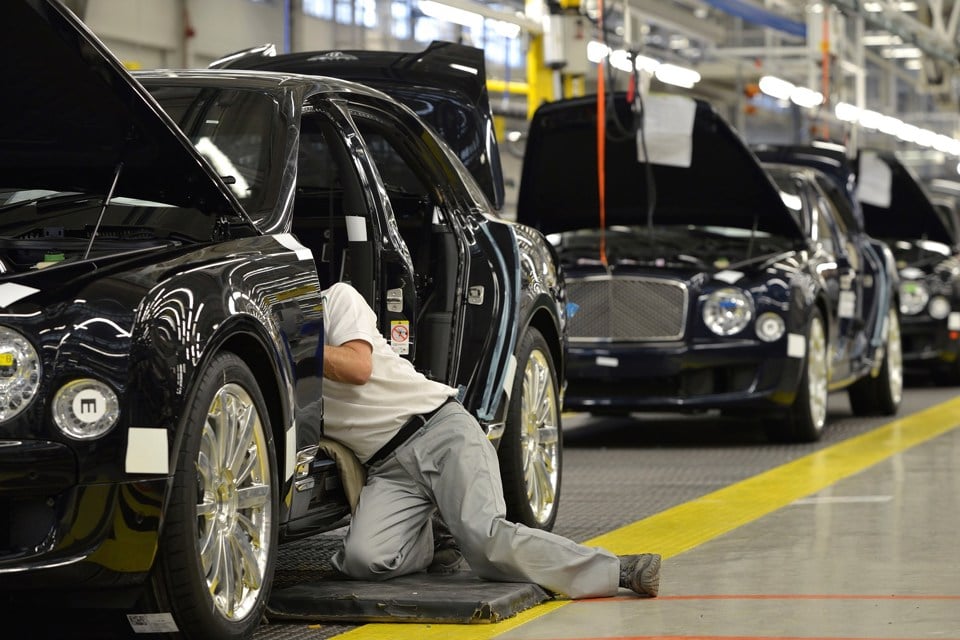A study by Grant Thornton and Cox Automotive reveals the impact of coronavirus countermeasures on vehicle manufacturers and their abilities to mitigate the effect.
With factories closed and the retailing of vehicles also on hold, there was little OEMs could do to stop their profits from being impacted, said Owen Edwards, associate director at Grant Thornton UK.
"By Q2 2020, profits were falling dramatically and, in some cases, tipping into significant losses," he said.
Nevertheless, major manufacturers such as Tesla, General Motors, Kia and Toyota still managed to make a profit in Q2 2020 and rebounded quickly to growth halfway through the pandemic.
Edwards shares his findings in Cox Automotive's AutoFocus, where he notes: "OEMs have bounced back strongly, underpinned by a mix of improving volumes, better market conditions, increased plant utilisation, and cost reductions.
"The strength of the rebound has been unexpected, exceeding that of Q1 2019.
"How will 2021 end? It is difficult to say; after a strong performance in Q1 2021, there is increasing evidence of supply chain issues, shortages of raw materials and high raw material prices, which could affect the price and supply of new vehicles."
Yet he said OEMs have reasons for be optimistic in the short-term, as demand is still robust and low interest finance continues to make borrowing affordable.
Philip Nothard, insight and strategy director for Cox Automotive, added: "What these findings demonstrate is that the new vehicle market is not all doom and gloom, and manufacturers have done extraordinarily well to bounce back their fortunes with some using highly creative methods.
"While there is no doubt that current well-publicised material shortages are causing a slowdown in the new vehicle market and impacting on used supply and demand, manufacturers have demonstrated that they can be agile and adaptable enough to ride these situations out, which offers some hope for future recovery."



















Login to comment
Comments
No comments have been made yet.